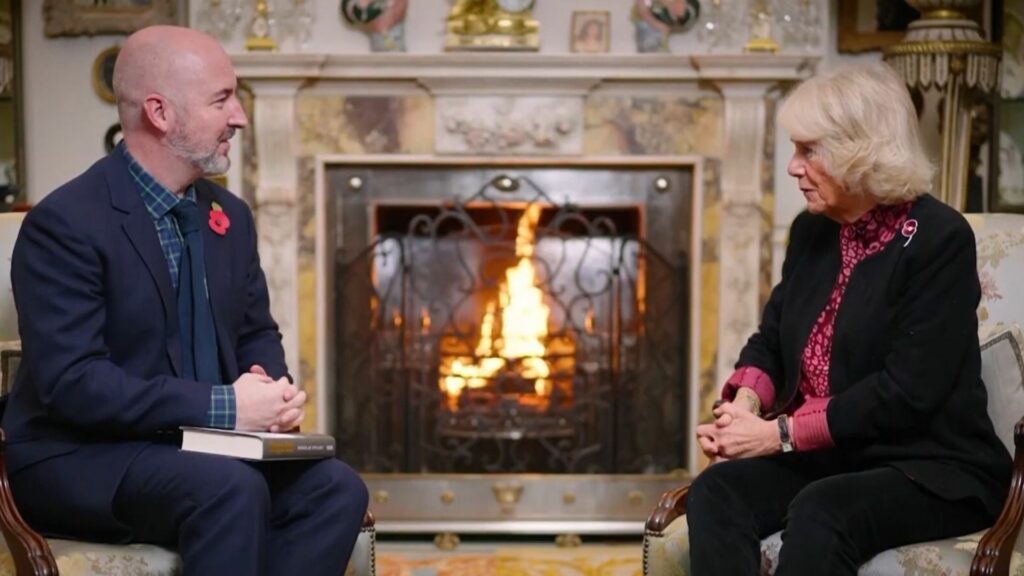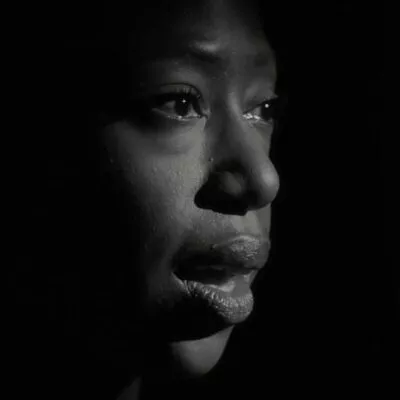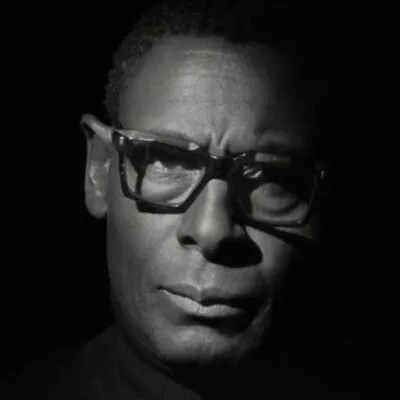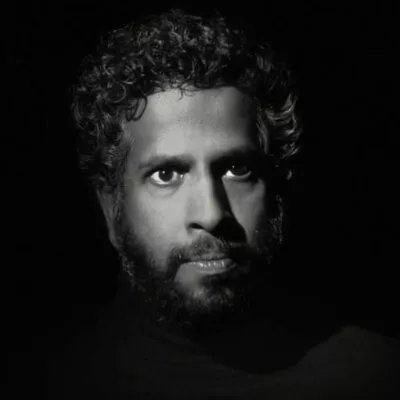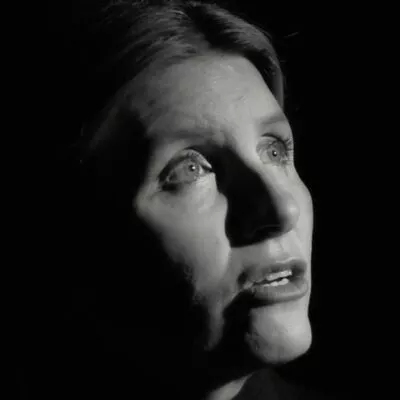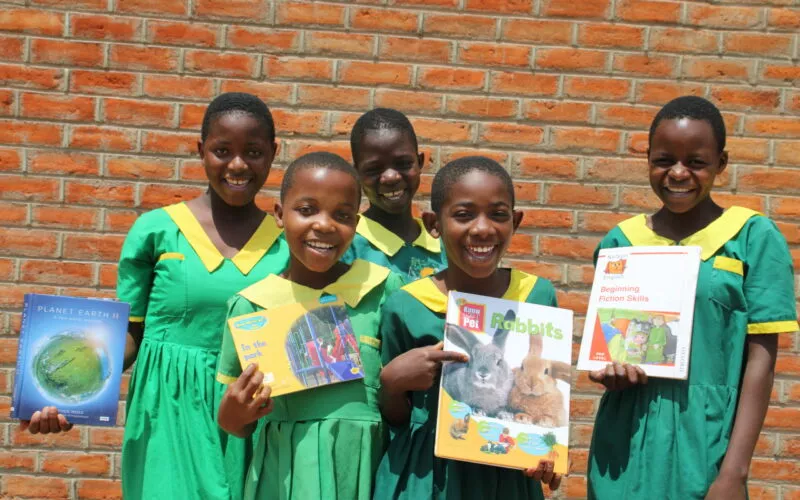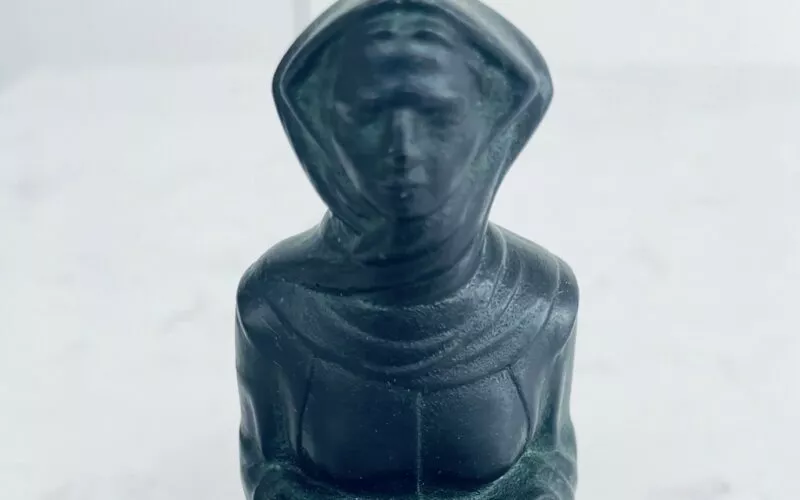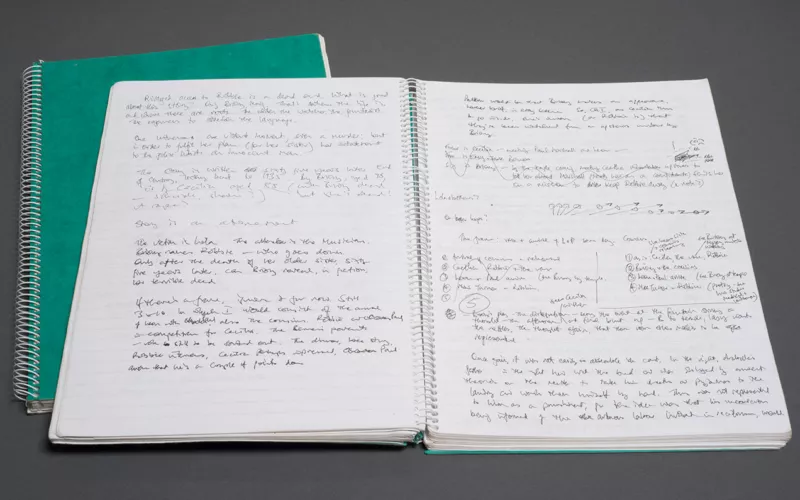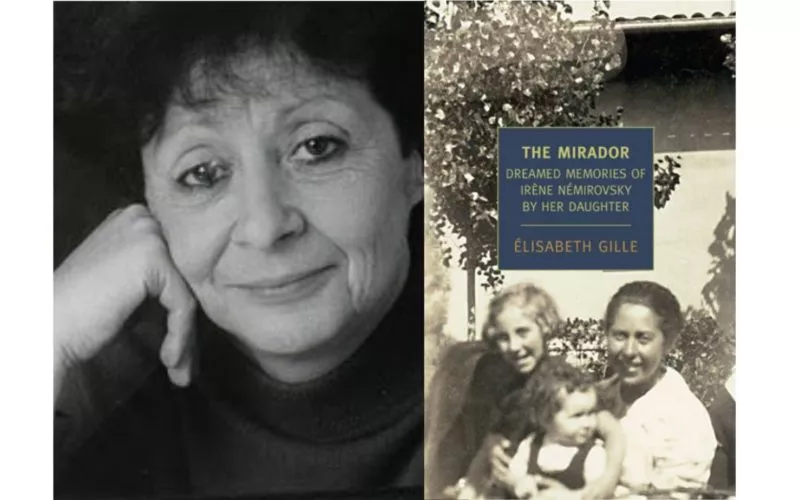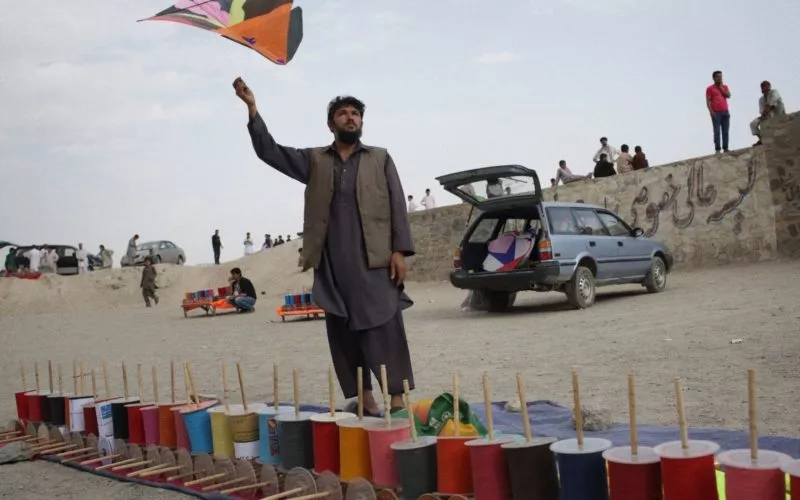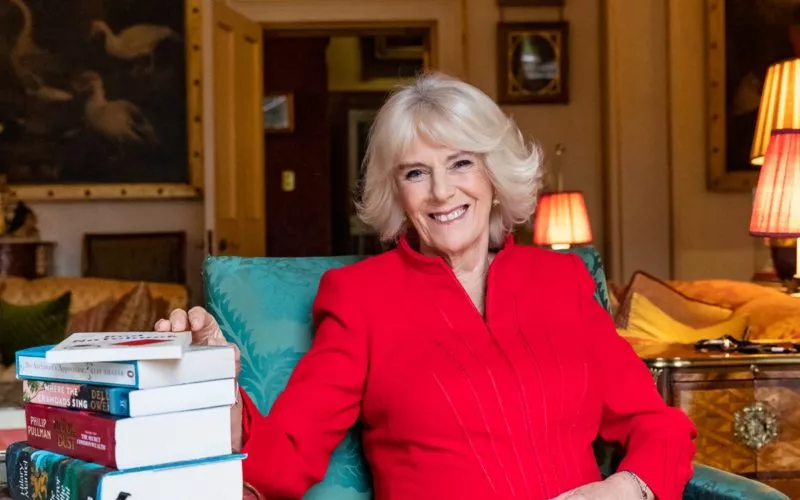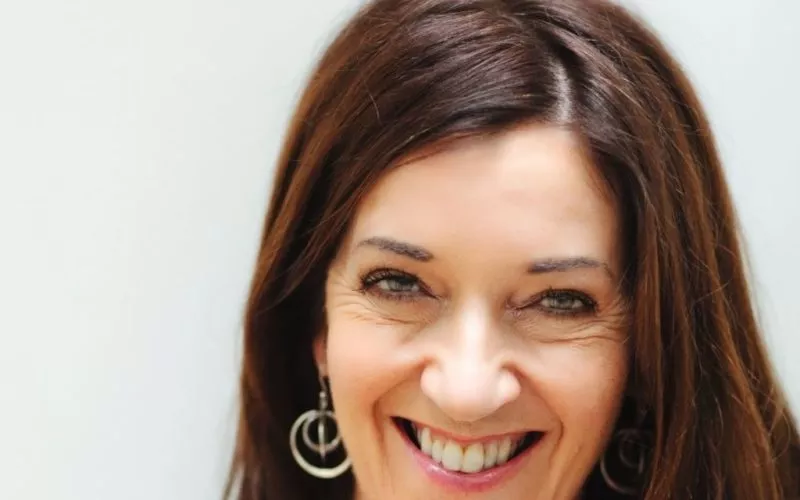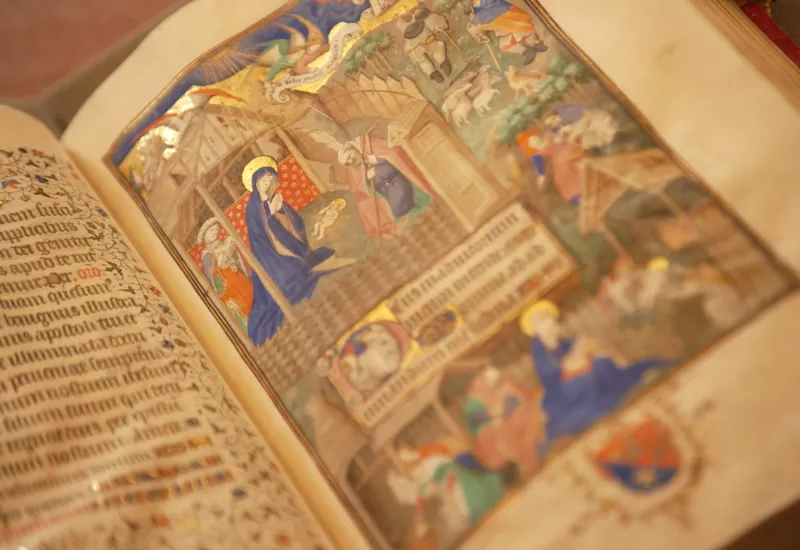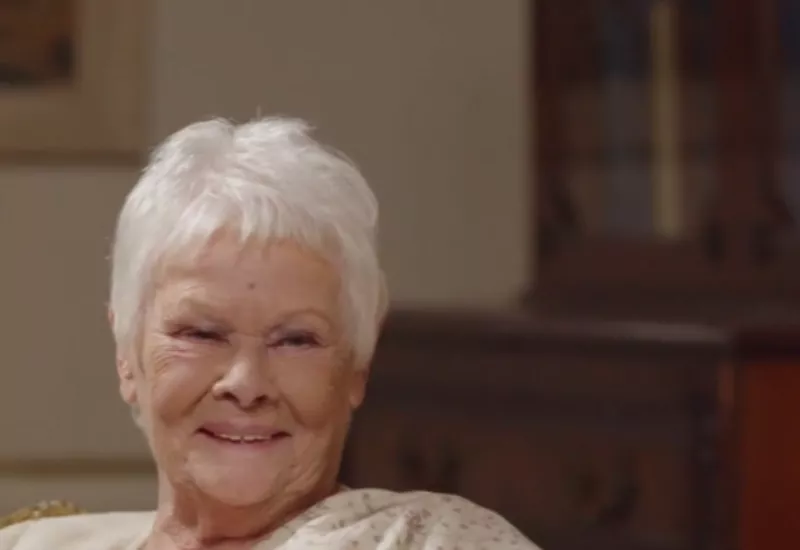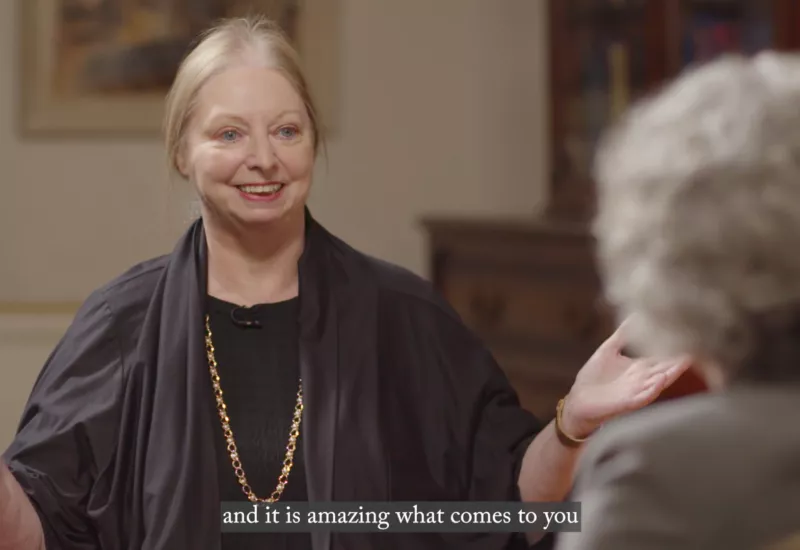The Reading Room is delighted to announce that Shehan Karunatilaka has won the Booker Prize 2022 for his second novel, The Seven Moons of Maali Almeida. Her Majesty The Queen Consort presented the author with the trophy at the ceremony held at the Roundhouse in London.
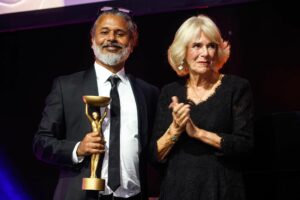
© David Parry/Booker Prize Foundation
The Booker Prize is the leading literary award in the English speaking world, and has brought recognition, reward and readership to outstanding fiction for over five decades.
Each year, the prize is awarded to what is, in the opinion of the judges, the best sustained work of fiction written in English and published in the UK and Ireland. It is a prize that transforms the winner’s career.
Read more on the history of The Booker Prize.
Her Majesty The Queen Consort has always been an avid supporter of The Booker Prize. Watch Her Majesty in conversation with Booker Prize winner Douglas Stuart.
Meet the Booker Prize 2022 shortlisted books
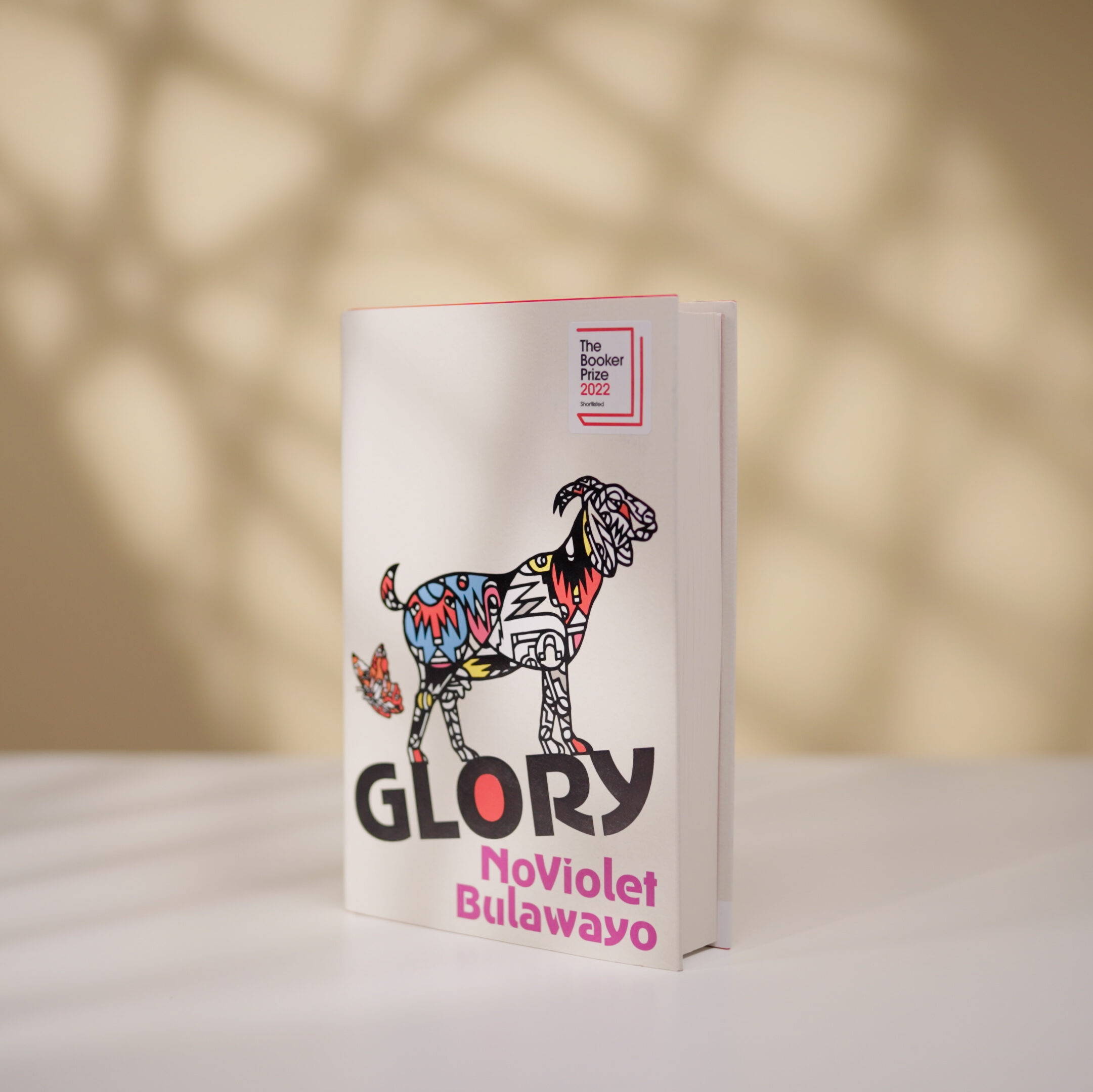
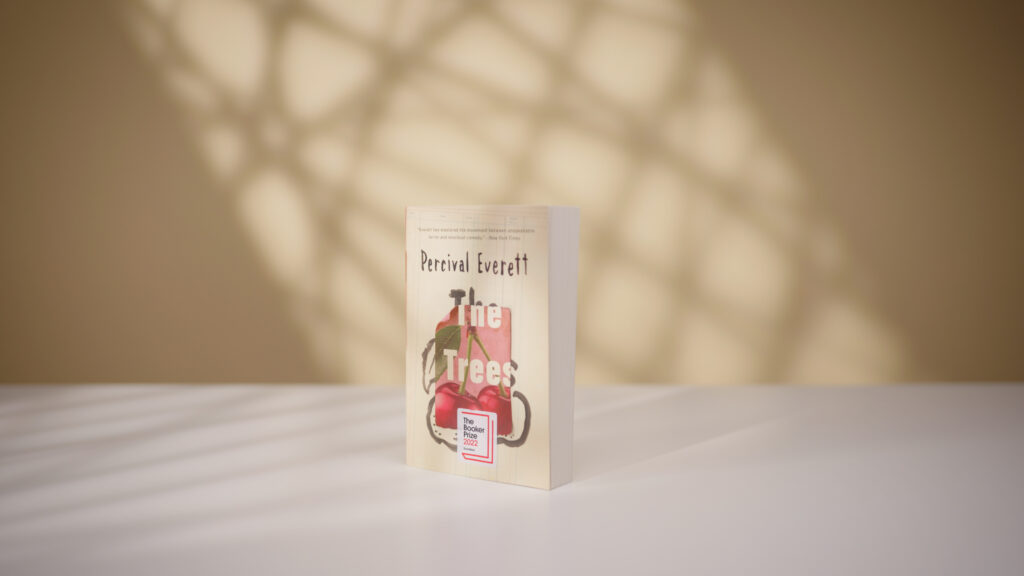
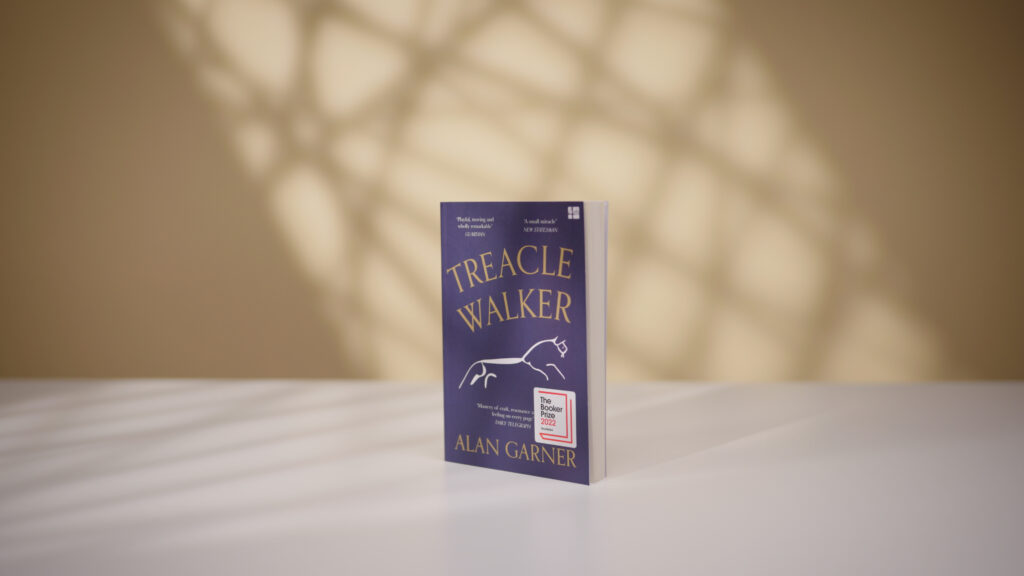
Glory, by NoViolet Bulawayo
“Glory is a magical crossing of the African continent, with its political excesses and its wacky characters. Here, the fable is never far from the reality.
The way NoViolet Bulawayo describes her characters will make you think that there are no boundaries between our world and the world of animals. This political satire goes beyond Zimbabwe and could relate to nations with despotic regimes around the world. It is also a book about feminism and power sharing.”
The Booker Prize Judges
The Trees, by Percival Everett
“Part southern noir, part something else entirely, The Trees is a dance of death with jokes – horrifying and howlingly funny – that asks questions about history and justice and allows not a single easy answer.
It is a mash-up of genres – murder mystery, horror, slapstick comedy – handled with such skill that it becomes a medieval morality play spun through 20th-century pop culture to say something profound and urgent about the present moment. There aren’t too many of those around. Everett looks at race in America with an unblinking eye, asking what it is to be haunted by history, and what it could or should mean to rise up in search of justice.”
The Booker Prize Judges
Treacle Walker, by Alan Garner
“It’s a mysterious and affecting glimpse into the deep work of being human. Alan Garner’s stories always draw you relentlessly into their echoing metaphysical and emotional space: this one made some of us cry. Tautly written, but with a visionary poetry in every line, Treacle Walker is the story of an apprenticeship, a struggle during which Joe, a boy with poor vision, must gain a new kind of sight. But Treacle Walker has his own problems and together they take us on a heartbreaking tour of Garner’s concerns: age, repetition, change, the perception of time, the entanglement of human history and personal history.
It’s a unique combination of quantum physics and folklore, presented through a touching and completely human story, as fabular and powerful as anything of William Golding’s.”
The Booker Prize Judges
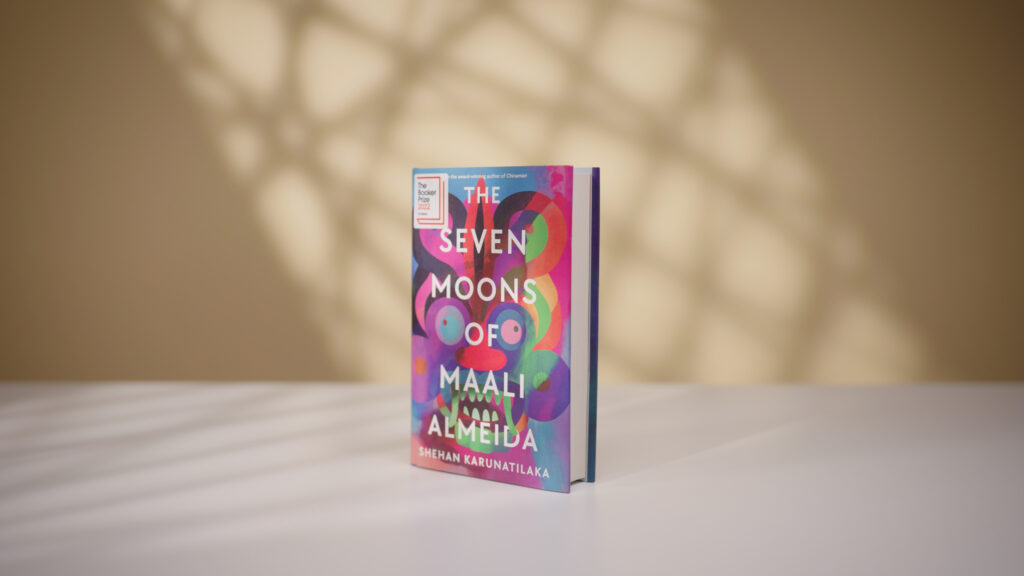
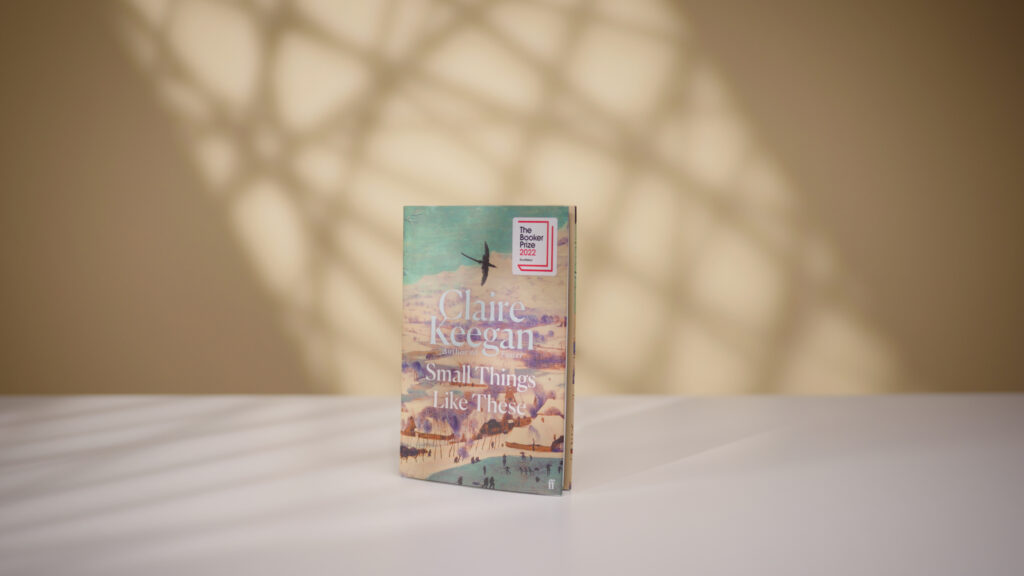
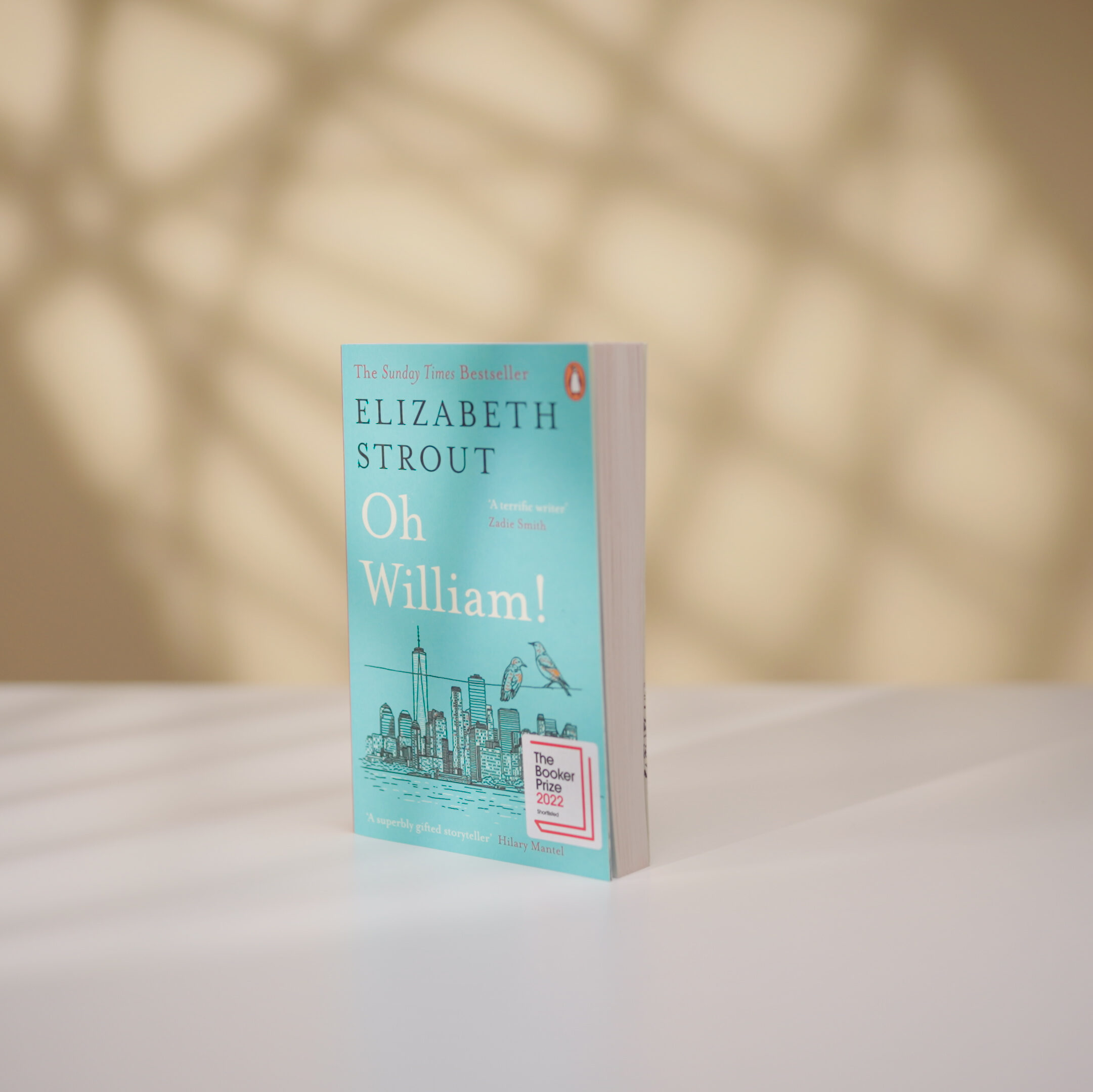
The Seven Moons of Maali Almeida, by Shehan Karunatilaka
“A whodunnit and a race against time, Seven Moons is full of ghosts, gags and a deep humanity. This is Sri Lankan history as thriller and existential fable, teeming with the bolshiest of spirits. The voice of the novel – a first-person narrative rendered, with an astonishingly light touch, in the second person – is unforgettable: beguiling, unsentimental, by turns tender and angry and always unsparingly droll.
Maali himself is the heart and (literally) soul of the book, and he’s wonderful company, cheerfully unapologetic about what others might see as his failings, and uncowed – even by his own sudden death.”
The Booker Prize Judges
Small Things Like These, By Claire Keegan
“Keegan is measured and merciless as she dissects the silent acquiescence of a 1980s Irish town in the Church’s cruel treatment of unmarried mothers – and the cost of one
The Booker Prize Judges
man’s moral courage. The book is not so much about the nature of evil as the circumstances that allow it. More than Bill Furlong’s quiet heroism, it explores the silent, self-interested complicity of a whole community, which makes it possible for such cruelty to persist. It forces every reader to ask what they are doing about the injustices that we choose not to think about too closely. Astonishingly, Keegan achieves this without ever sounding angry or preachy. The limpid calm of her prose clearly tells us what did happen, but its measured coolness leaves us free to ponder how and why.”
Oh William!, by Elizabeth Strout
“Oh William! is one of those quietly radiant books that finds the deepest mysteries in the simplest things. Strout’s gentle reflections on marriage, family, love and loneliness are utterly piercing. Her writing is steeped in compassion for human beings, damaged and disappointed, full of follies and frailties, but capable, too, of deep understanding.
Has there ever been a character quite like Lucy Barton? Unassuming and yet profound, entirely ordinary and yet deeply moving. A woman in her later life, full of doubt and regret, Lucy’s reflections illuminate the reader, too. Strout writes her with a capacious empathy and probing insight.”
The Booker Prize Judges
Meet the Booker Prize 2022 shortlisted authors
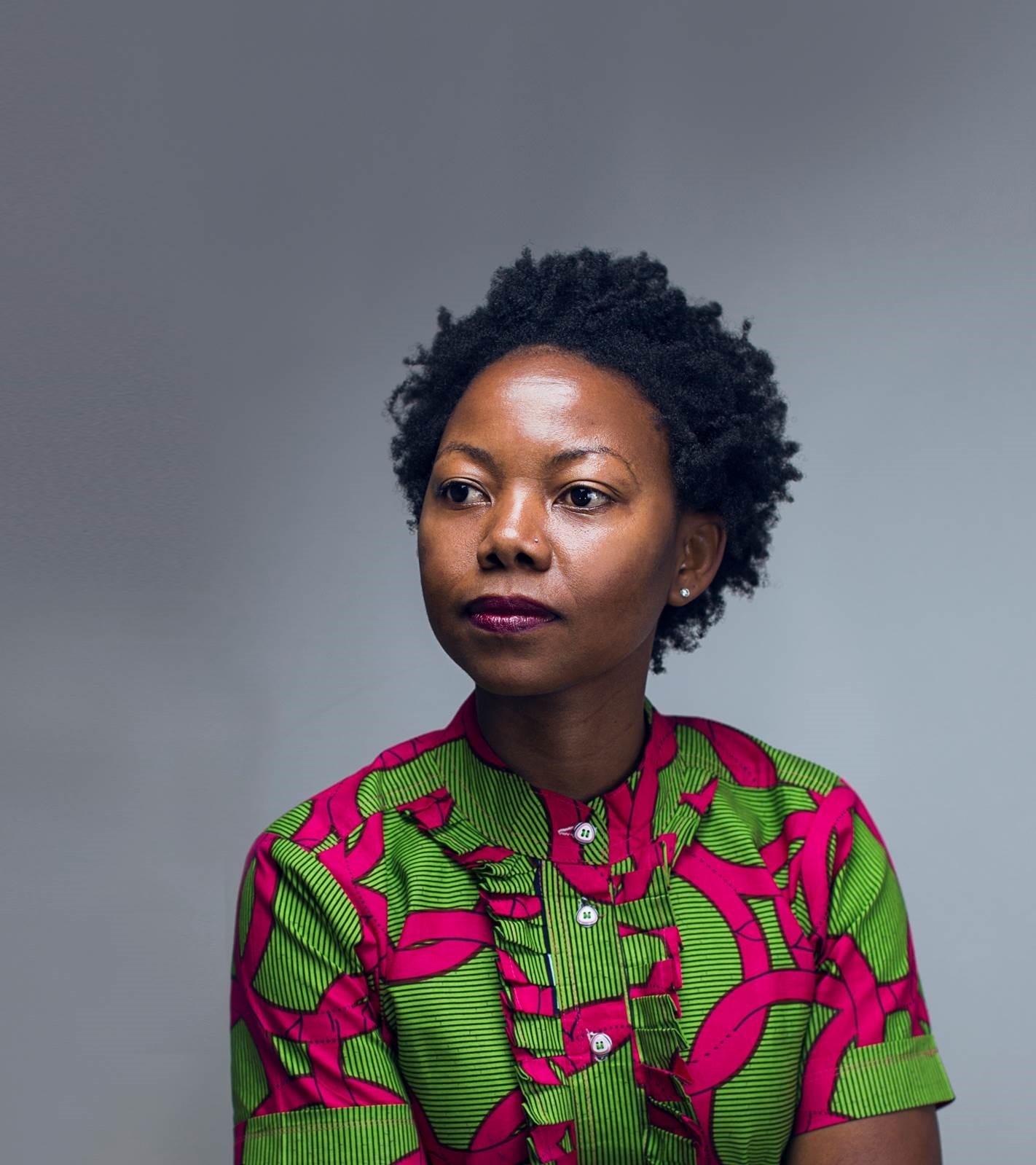
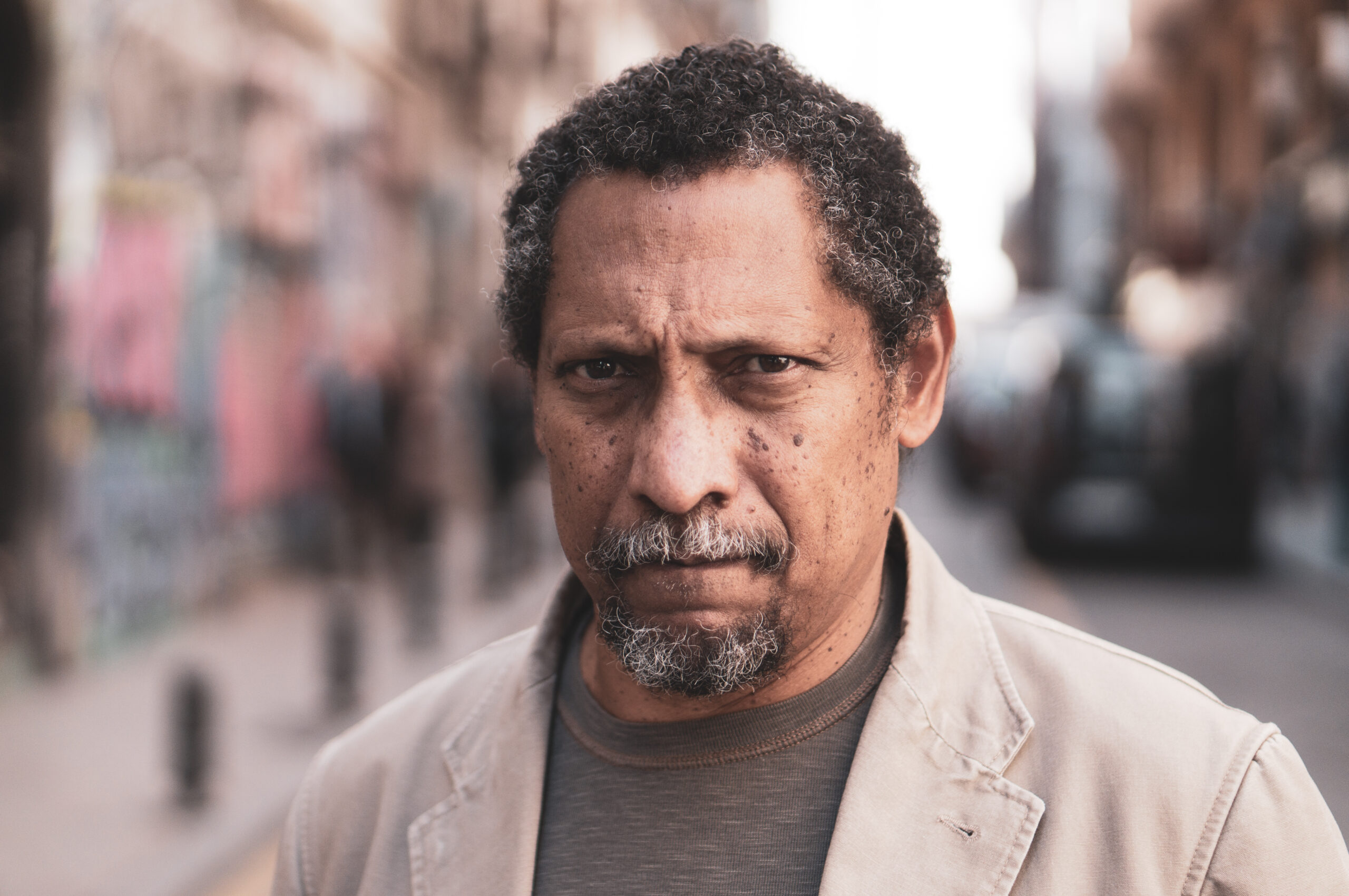
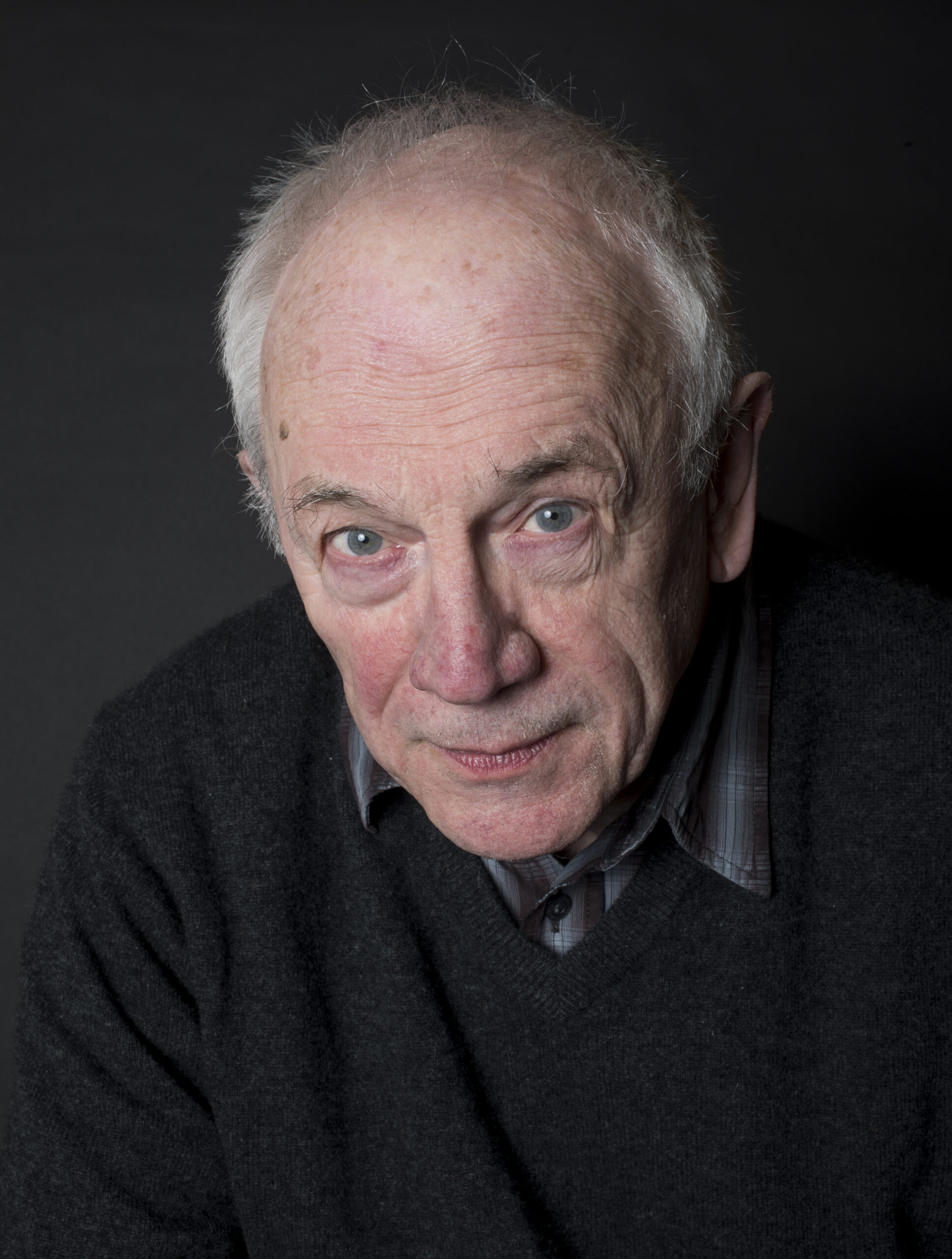
NoViolet Bulawayo
Glory is NoViolet Bulawayo’s second novel. Her debut novel, We Need New Names, was shortlisted for the 2013 Man Booker Prize.
We Need New Names was also shortlisted for the Guardian First Book Award and the Barnes & Noble Discover Award, and won a Betty Trask Award, Hemingway Foundation/PEN Award, Hurston-Wright Legacy Award, the Etisalat Prize and the Los Angeles Times Book Prize for First Fiction. She has also won the Caine Prize for African Writing and a National Book Award’s ‘5 Under 35’.
Bulawayo grew up in Zimbabwe. When she was eighteen, she moved to Kalamazoo, Michigan. She earned her MFA at Cornell University, and was a Stegner Fellow at Stanford University, where she taught fiction. She currently writes full-time, from wherever she finds herself.
Percival Everett
Percival Everett is the author of over thirty books since his debut, Suder was released in 1983. His modern classics include I Am Not Sidney Poitier, So Much Blue, Erasure, and Glyph. Everett was a Pulitzer Prize finalist in 2020 with his novel Telephone. He received the Ivan Sandrof Lifetime Achievement Award at the National Book Critics Circle Awards 2022.
Everett lives in Los Angeles and teaches at The University of Southern California.
Alan Garner
Alan Garner was born in Cheshire in 1934 and grew up in Alderley Edge. In 2001, he was awarded an OBE for his services to literature.
The achievements of Garner’s long and distinguished career have been recognised with numerous awards and honours. In 1968, he won the Guardian Award and the Carnegie Medal for The Owl Service (1967) – the first author to win both awards for the same book. He garnered the Phoenix Award in 1996 for The Stone Book Quartet (1976-1978), and his Elidor was a 1965 runner-up for the Carnegie Medal.
Garner was also awarded the Lewis Carroll Shelf Award in 1970 for The Weirdstone of Brisingamen, First Prize at the Chicago International Film Festival for his film ‘Images’, which he wrote and presented, and the Karl Edward Wagner Award (for lifetime achievement) at the 2003 British Fantasy Awards.
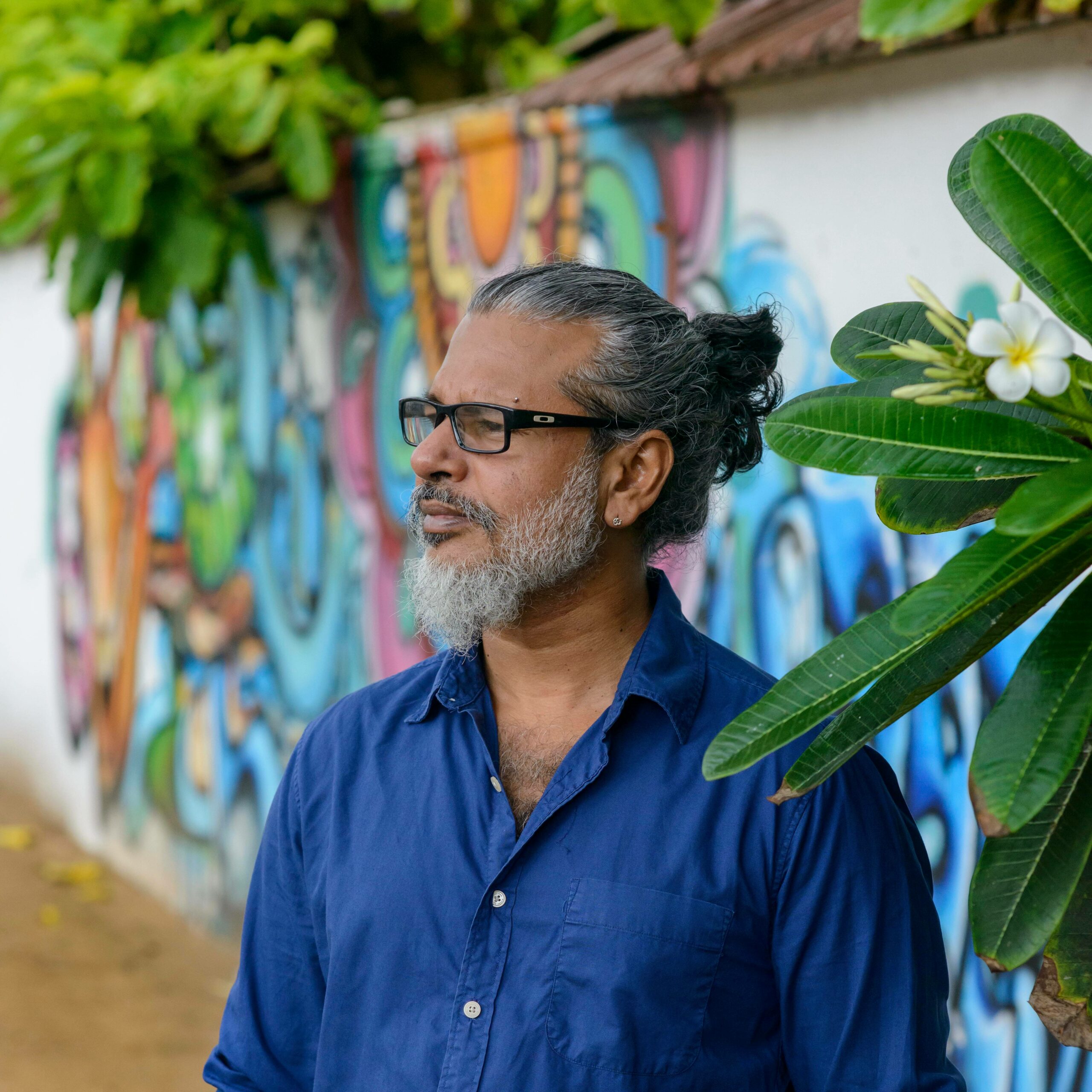
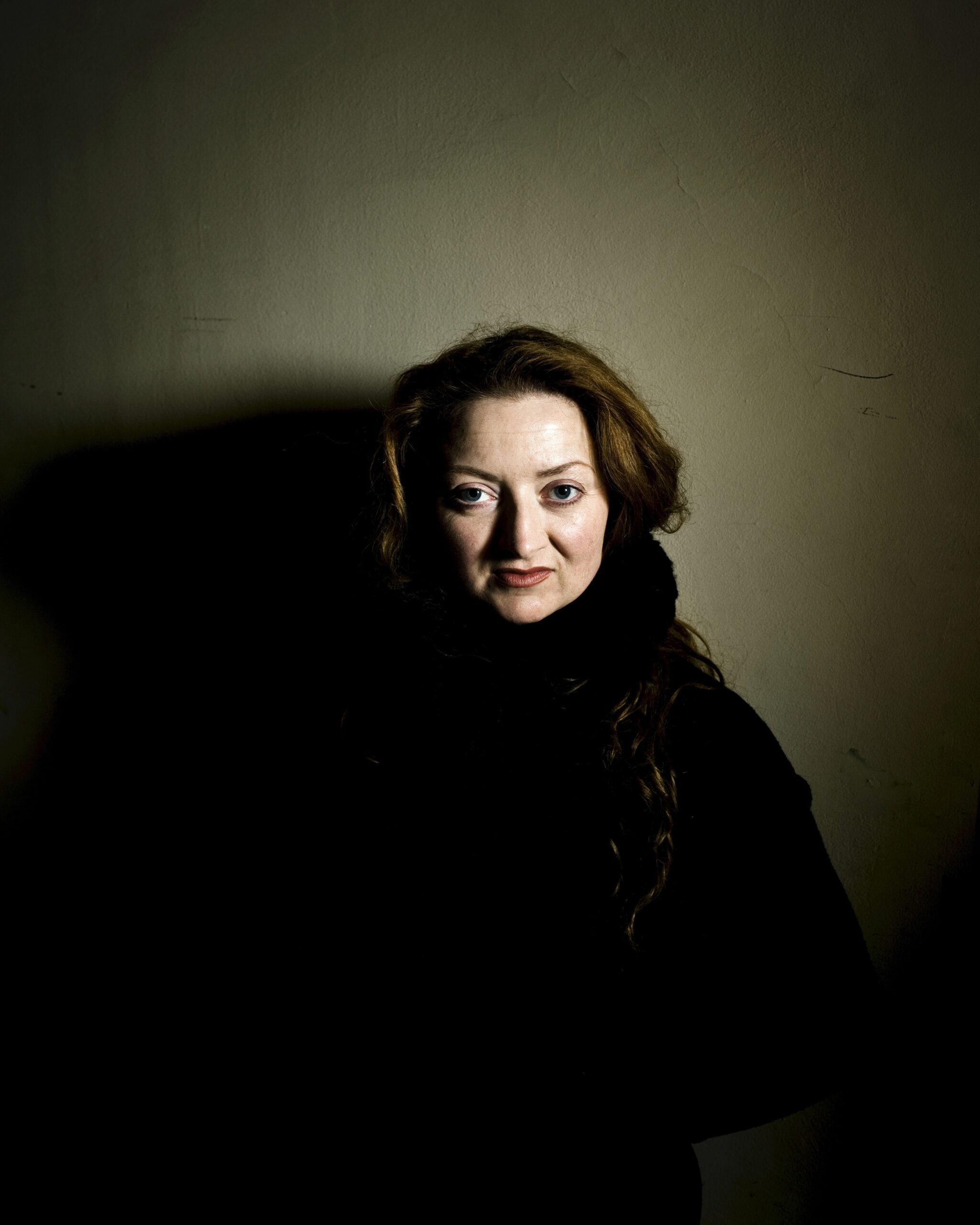
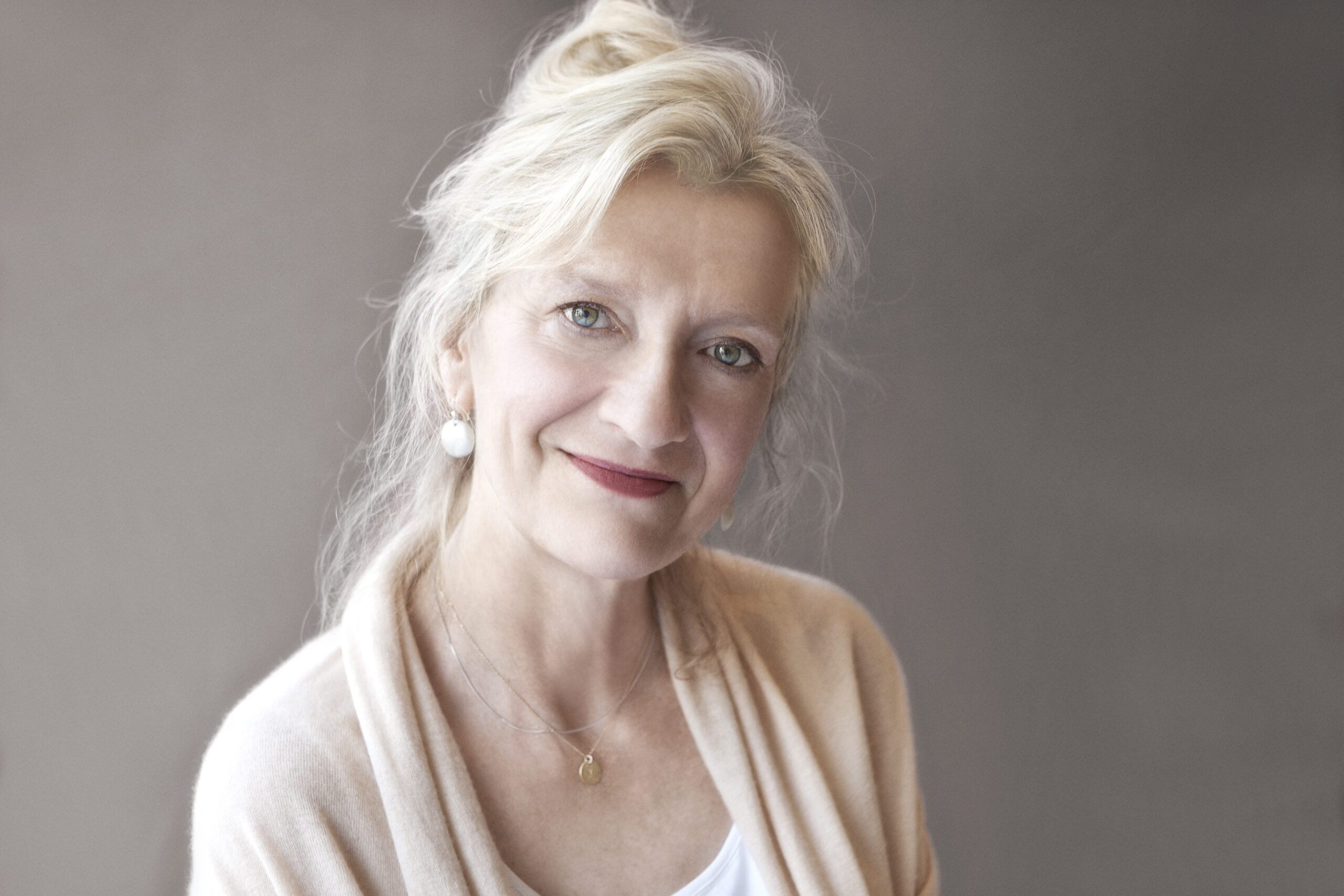
Shehan Karunatilaka
Shehan Karunatilaka is considered one of Sri Lanka’s foremost authors. In addition to his novels he has written rock songs, screenplays and travel stories.
Karunatilaka emerged on the world literary stage in 2011, when he won the Commonwealth Prize, the DSL and Gratiaen Prize for his debut novel, Chinaman. His songs, scripts and stories have been published in Rolling Stone, GQ and National Geographic.
Born in Galle, Sri Lanka, Karunatilaka grew up in Colombo, studied in New Zealand and has lived and worked in London, Amsterdam and Singapore. He currently lives in Sri Lanka. The Seven Moons of Maali Almeida is his long-awaited second novel.
Claire Keegan
Claire Keegan is a novelist and short story writer, whose work has won numerous awards and been translated into 30 languages.
Keegan was brought up on a farm in Ireland. At the age of 17, she travelled to New Orleans, where she studied English and Political Science at Loyola University. She returned to Ireland in 1992, and her highly acclaimed first volume of short stories – Antarctica – was published in 1999.
Her stories are translated into 30 languages and have won numerous accolades. Antarctica won the Rooney Prize for Irish Literature. Walk the Blue Fields won the Edge Hill Prize, awarded to the finest collection of stories published in the British Isles. Foster won the Davy Byrnes Award and was last year chosen by The Times as one of the top 50 works of fiction to be published in the 21st century. Small Things Like These was shortlisted for the 2022 Rathbones Folio Prize. It won the Kerry Group Irish Novel of the Year Award and the Orwell Prize for Political Fiction.
Elizabeth Strout
Before writing, Elizabeth Strout had a brief career in the law. She didn’t tell people about her ambition to become an author ‘Because they look at you with such looks of pity. I just couldn’t stand that.’
Pity would have been misplaced since Strout has subsequently become a habitué of the best-seller lists: her third novel alone, Olive Kitteridge, has sold way more than one million copies, grossed over $25 million and was made into an Emmy-winning television mini-series.
Strout ascribes her authorial career to the fact that she was ‘a very bad lawyer’ (she only practiced for six months) and that ‘my ears are always open… And people will tell you things. Boy, they really will.’ This is what gives the relationships in her books the tang of lived experience.
Leading performers read extracts from the Booker Prize 2022 shortlist
The Booker Prize 2022 longlist
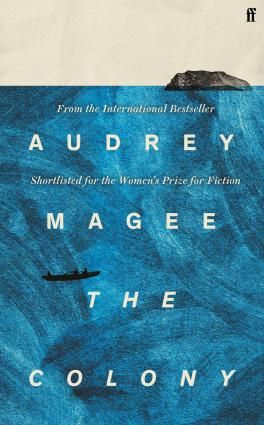
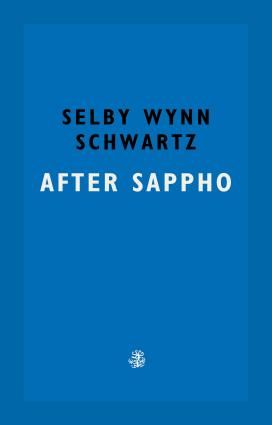
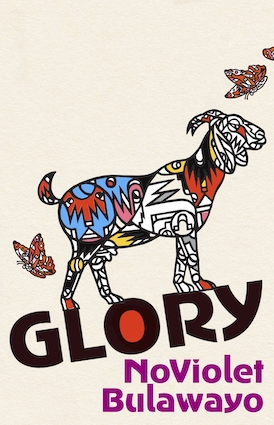
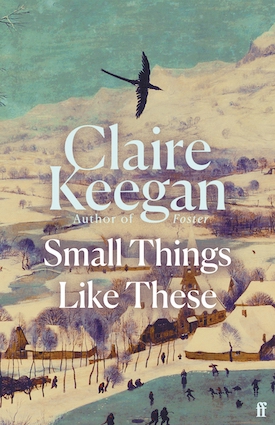
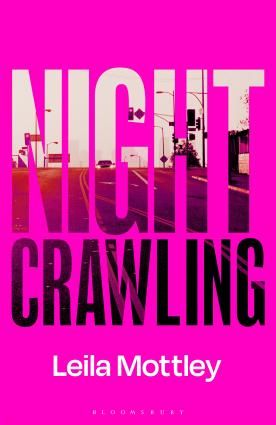
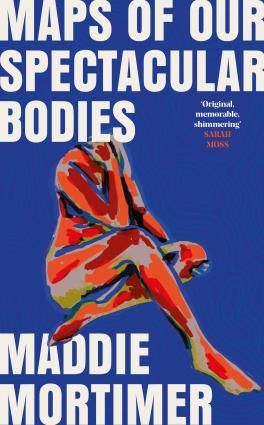
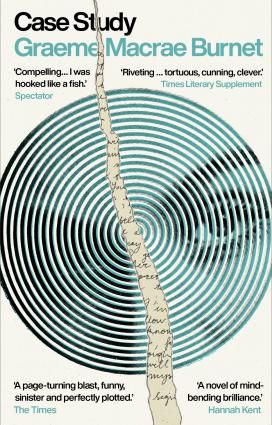
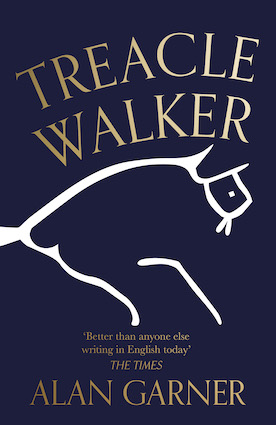
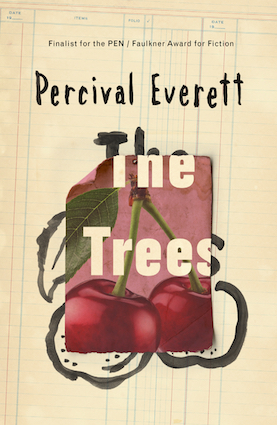
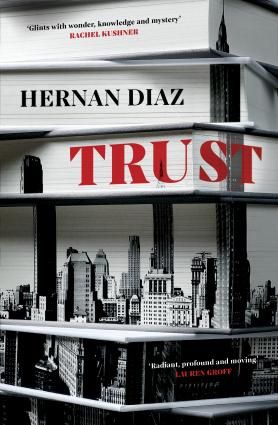
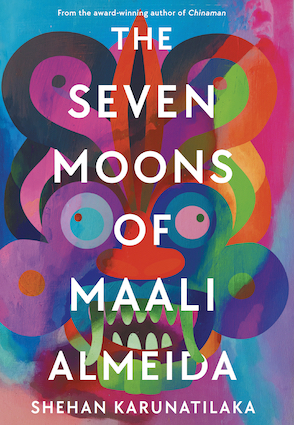
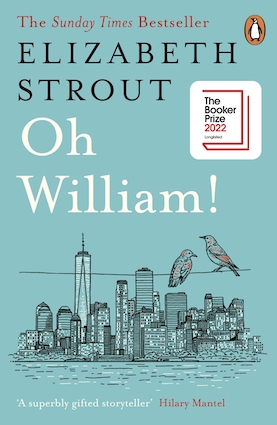
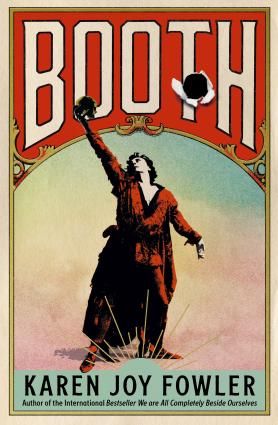
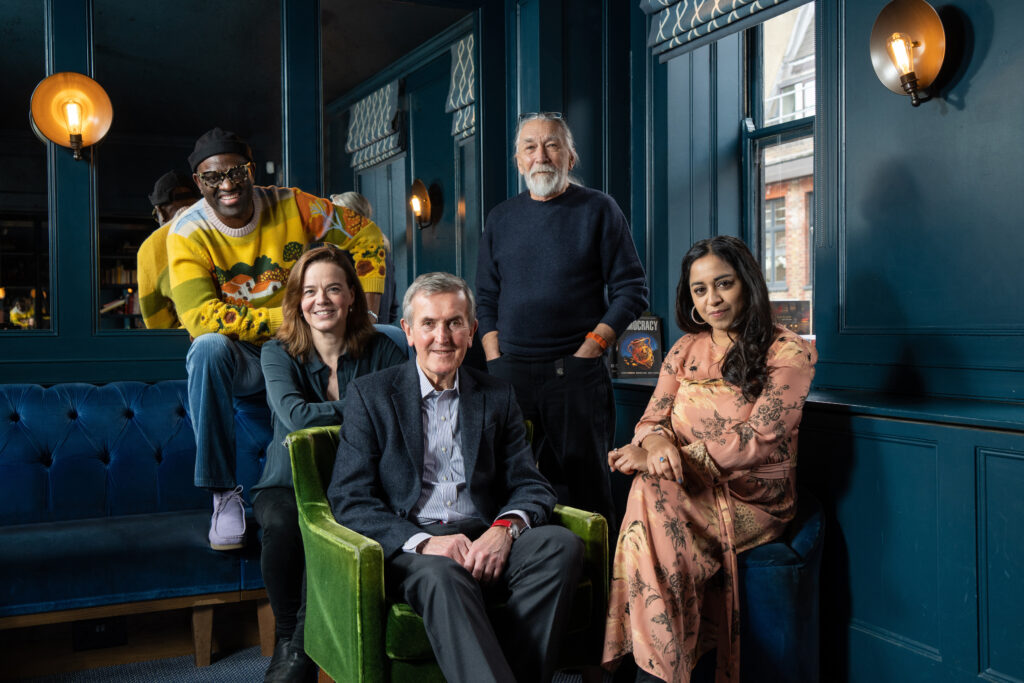
The Booker Prize 2022 judges
From left to right:
Alain Mabanckou, novelist, poet and professor
Helen Castor, historian and broadcaster
Neil MacGregor (Chair), cultural historian, writer and broadcaster
M. John Harrison, novelist and critic
Shahidha Bari, academic and broadcaster
